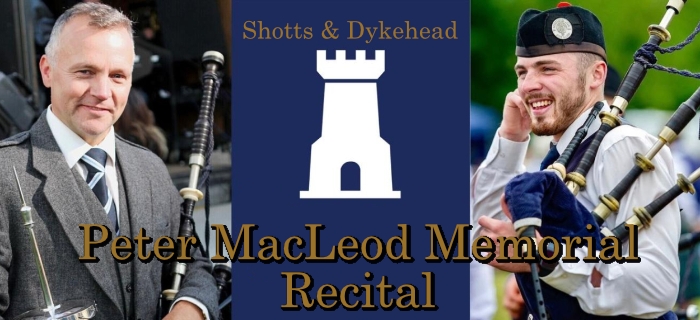New Drumming Principal at Pipe Bands Australia
Following the resignation of Greg Bassani, PBA has appointed Dean Hall Principal Drumming of Pipe Bands Australia’s Australian Pipe Band College by national management committee on the recommendation of branch vice-principals. The PBA website reports: ‘Dean is currently vice-principal in New South Wales but did not participate in the recommendation and selection process. He was one of several applicants for the position reviewed by the other vice-principals who expressed pleasure…
















Recent Comments